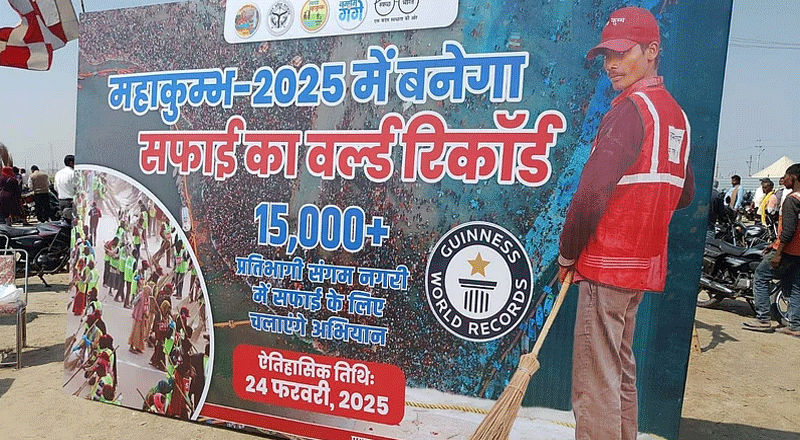A Promising Life Cut Short
The tragic death of 25-year-old Air India pilot Srishti Tuli has left the nation grappling with questions about emotional abuse, harassment, and mental health. Found dead in her Mumbai apartment, Srishti’s alleged suicide has sparked outrage and grief, with her family accusing her boyfriend, Aditya Pandit, of abetment. This case highlights the devastating impact of toxic relationships and underscores the urgent need for societal awareness about mental health and interpersonal abuse.
A Promising Career Meets an Untimely End
Srishti Tuli, a trailblazer as the first female pilot from Gorakhpur, was celebrated for her achievements, including recognition from the Uttar Pradesh Chief Minister. Her death has cast a shadow over what was a promising career in aviation. Tuli’s rise to success was a source of pride for her family and community, making her sudden demise even more incomprehensible.
A Relationship Marred by Alleged Abuse
Srishti’s relationship with Aditya Pandit, whom she met during a commercial pilot course, reportedly deteriorated into a pattern of emotional abuse and humiliation. Allegations from her family paint a grim picture of control and mistreatment. According to her uncle, Pandit restricted her from eating non-vegetarian food, publicly humiliated her, and frequently blocked her phone over trivial disagreements.
A particularly distressing episode occurred during a dinner outing in March when an argument over ordering non-vegetarian food escalated. Pandit allegedly left Tuli stranded on the road, an incident that left her feeling abandoned and disrespected. Such recurring instances of humiliation and control seem to have contributed to her mental distress.
Financial Exploitation and Further Allegations
Adding to the complexity, Tuli’s family has accused Pandit of financial exploitation. A transaction of ₹65,000 from Tuli’s account to Pandit was flagged, with suspicions of blackmail and coercion. These allegations compound the narrative of a relationship where emotional and financial exploitation were intertwined.
The Final Hours: A Cry for Help
On the night before her death, Tuli reportedly had an argument with Pandit, who left for Delhi shortly thereafter. In a heart-wrenching turn of events, she allegedly called him to say she was contemplating suicide. Pandit’s return to her flat was too late; she was found unresponsive, the door locked from the inside. Despite the absence of a suicide note, police inquiries and her family’s accusations point toward persistent harassment as a significant factor.
Legal Proceedings and Ongoing Investigation
Pandit has been arrested under Section 108 of the Bharatiya Nyaya Sanhita for abetment to suicide. While the post-mortem report suggests suicide, Tuli’s family has demanded a thorough investigation. Her phone has been sent for forensic analysis to uncover details of her conversations with Pandit, and statements from her close circle are yet to be recorded. These investigations are critical to understanding the full scope of events leading to her death.
The Larger Issue: Emotional Abuse and Mental Health
Srishti’s case brings to light the devastating effects of emotional abuse and the societal tendency to dismiss such behaviours as inconsequential. Often, victims of emotional abuse suffer in silence, trapped by love, societal expectations, or fear of judgment. Srishti’s story underscores the need for early intervention, stronger legal frameworks, and societal education on recognizing and addressing emotional abuse.
Furthermore, this tragedy raises pressing questions about mental health support in high-pressure professions like aviation. While achieving professional success, Tuli might have struggled with the personal challenges she faced, highlighting the importance of accessible mental health resources for young professionals.
Lessons from a Heart-breaking Loss
The loss of Srishti Tuli is a sobering reminder of the consequences of unchecked emotional abuse and societal neglect of mental health. Her story reflects not only personal tragedy but also systemic failures to address issues of relationship abuse and mental well-being.
While justice for Srishti is essential, her death should also catalyze broader conversations about creating safe spaces for victims to seek help and holding perpetrators accountable. Society must work towards dismantling the stigma around discussing mental health and emotional abuse to prevent such tragedies in the future.
Srishti’s life and untimely death leave behind a legacy that demands introspection and action—a call to protect the dreams and dignity of countless others who may be silently suffering.
(With inputs from agencies)





